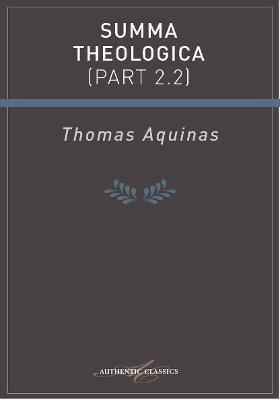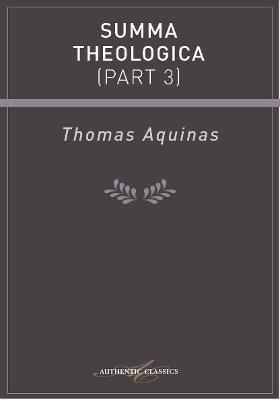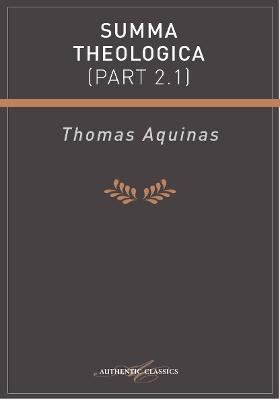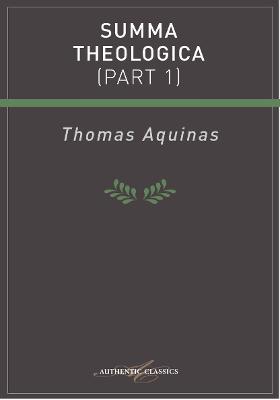Authentic Digital Classics
1 primary work • 4 total works
Book 10
This brilliant synthesis of Christian thought has had a decisive and permanent impact on religion since the 13nth century and has become substantially the official teaching of the Catholic Church. The Summa Theologica, as the title indicates, is a summing up of all that can be known about God and humanity's relations with God. It is divided into three parts dealing with god, man, and the God-man respectively. It consists of 38 tracts, 631 questions, about 3000 articles, 10,000 objections and their answers. Essential reading for all who are interested in core Christian thought.
This brilliant synthesis of Christian thought has had a decisive and permanent impact on religion since the 13nth century and has become substantially the official teaching of the Catholic Church. The Summa Theologica, as the title indicates, is a summing up of all that can be known about God and humanity's relations with God. It is divided into three parts dealing with god, man, and the God-man respectively. It consists of 38 tracts, 631 questions, about 3000 articles, 10,000 objections and their answers. Essential reading for all who are interested in core Christian thought.
This brilliant synthesis of Christian thought has had a decisive and permanent impact on religion since the 13nth century and has become substantially the official teaching of the Catholic Church. The Summa Theologica, as the title indicates, is a summing up of all that can be known about God and humanity's relations with God. It is divided into three parts dealing with god, man, and the God-man respectively. It consists of 38 tracts, 631 questions, about 3000 articles, 10,000 objections and their answers. Essential reading for all who are interested in core Christian thought.
Aquinas' Summa Theologica is his most famous work. It was intended as a compilation of all of the main theological teachings of his time, covering the widest range of subjects - reason, sin, just war to name but a few - in detailed philosophical language. Aquinas worked on it from 1265 until the end of his life in March 1274. When he died, he had reached Question ninety of Part III, on the subject of penance. Part 1 deals with foundational questions about the nature and character of God, structured as a series of questions and assertions.



